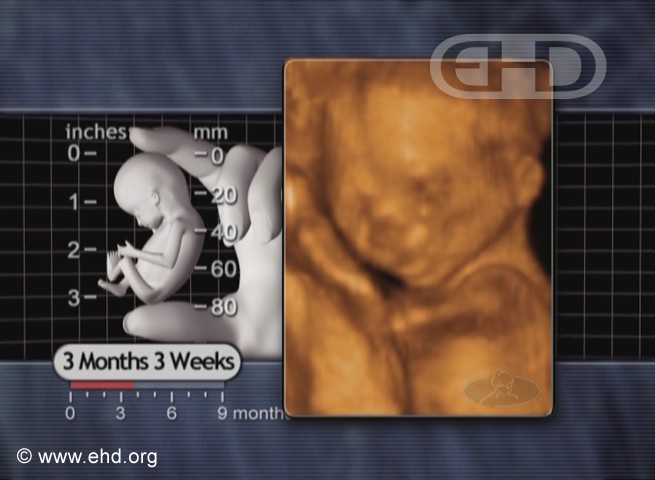A Response to the Secular Pro-Choice Supreme Court Brief
Three church-state separation groups — the Freedom from Religion Foundation, Center for Inquiry, and American Atheists — have filed an amicus brief in Dobbs v. Jackson Women’s Health Organization, the case concerning Mississippi’s law to protect children in the womb 15 weeks and older. The brief’s central argument is a conspiracy theory: the signatories claim that the “underlying purpose” of anti-abortion legislation is “to enshrine into civil law a religious belief about when personhood begins,” rather than to prevent the deaths of human beings, and therefore any attempt to prevent abortions violates the Establishment Clause.
The Supreme Court has previously considered that argument and rejected it, as the brief acknowledges. An attempt to force taxpayer funding of abortion by alleging that the Hyde Amendment was religiously motivated went down in flames in the 1980 case of Harris v. McRae. The best authority they can find is a legally non-binding statement from the late Justice Stevens, who asserted the “absence of any secular purpose for the legislative declarations that life begins at conception and that conception occurs at fertilization.”
I can offer an excellent secular purpose for those declarations: they are true. They are scientific facts.
The brief does not attempt to disprove the overwhelming scientific consensus on life’s beginning. Instead, it pivots to examples of pro-life legislators making religious allusions, such as condemning abortion as a form of playing god and echoing the “endowed by our creator” language of the Declaration of Independence. This proves far too much. By that standard, you would have to strike down civil rights laws as an Establishment Clause violation because Black reverends invoked the Biblical story of Moses freeing his people from bondage.
The church-state separation groups similarly point to the fact that faith-based organizations have submitted amicus briefs in support of the law as a strike against it. Conspicuously omitted is our own amicus brief, in which we clearly stated our anti-abortion position with no religious underpinning.
They conclude that “as a personal matter of conscience, the state may not compel obedience with a religious belief on when ‘personhood’ begins.” Personhood is, of course, a philosophical and legal concept rather than a scientific one. Unlike life, personhood cannot be measured objectively. Surely my subjective belief that someone else is a non-person does not grant me immunity from homicide laws! In that regard, I would note the pro-choice Redditor who recently declared that pro-life legislators in Texas are not people; this was viewed, correctly, as a violent threat. Governments have to draw a line somewhere. The church-state separation groups prefer viability as the start of personhood, but what makes viability any more objective or less religious than fertilization? They do not say.
As a reminder, here is what a 15-week-old fetus looks like:
 |
| Via the Endowment for Human Development |
The original decision in Roe v. Wade relied heavily on pseudo-religious woo to deny the reality of life in the womb. Forty-eight years later, Dobbs is the Court’s chance to get it right and apply an objective standard: human rights begin when human life begins.

Leave a Reply
Want to join the discussion?Feel free to contribute!